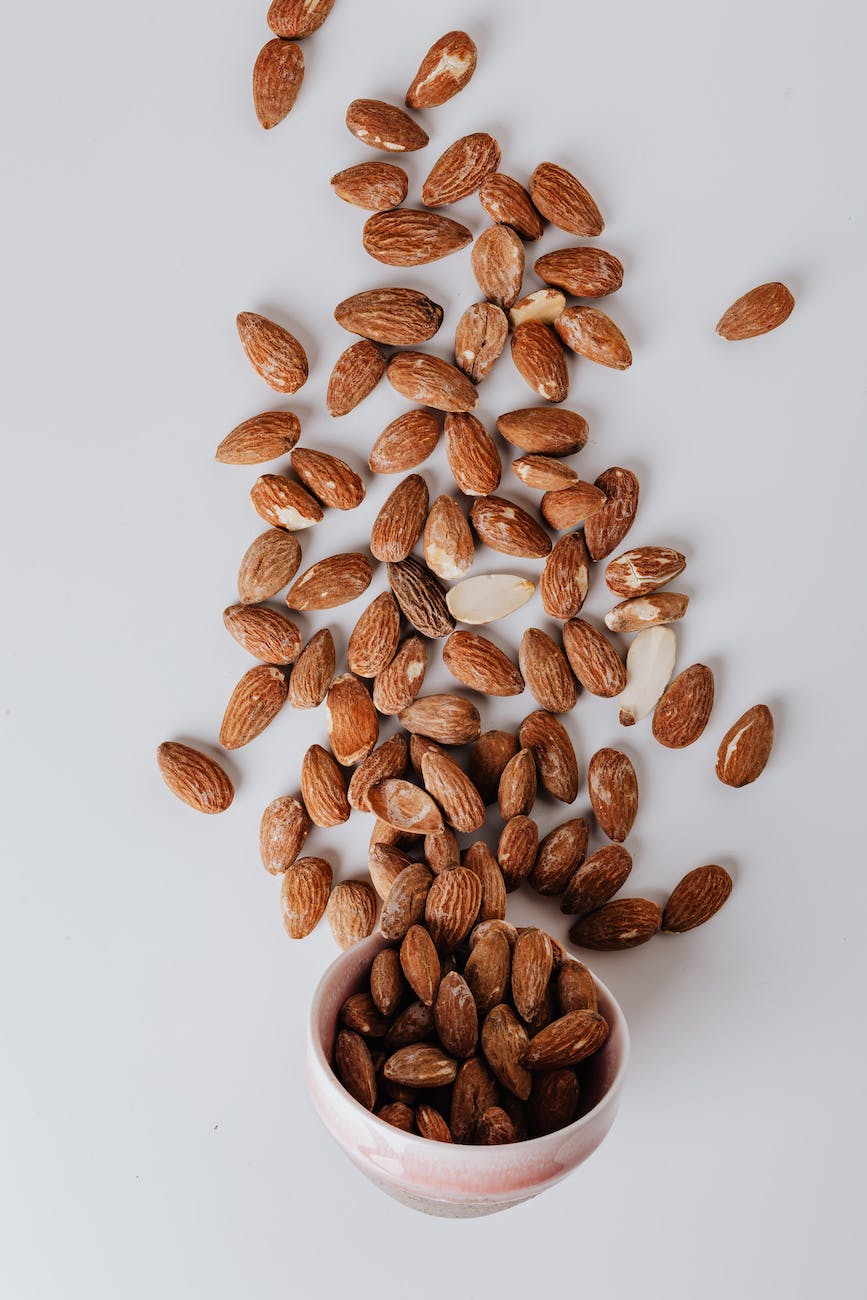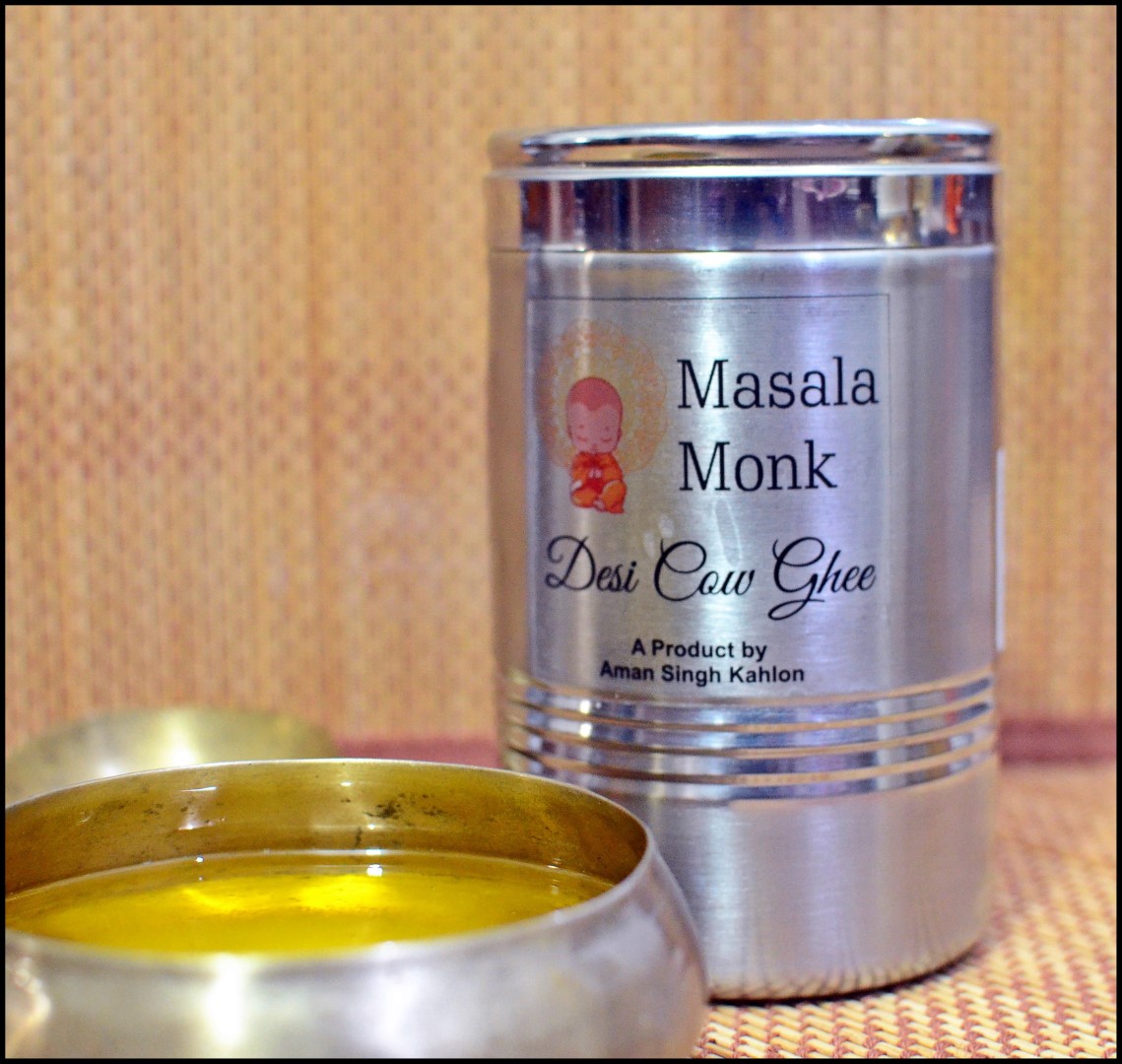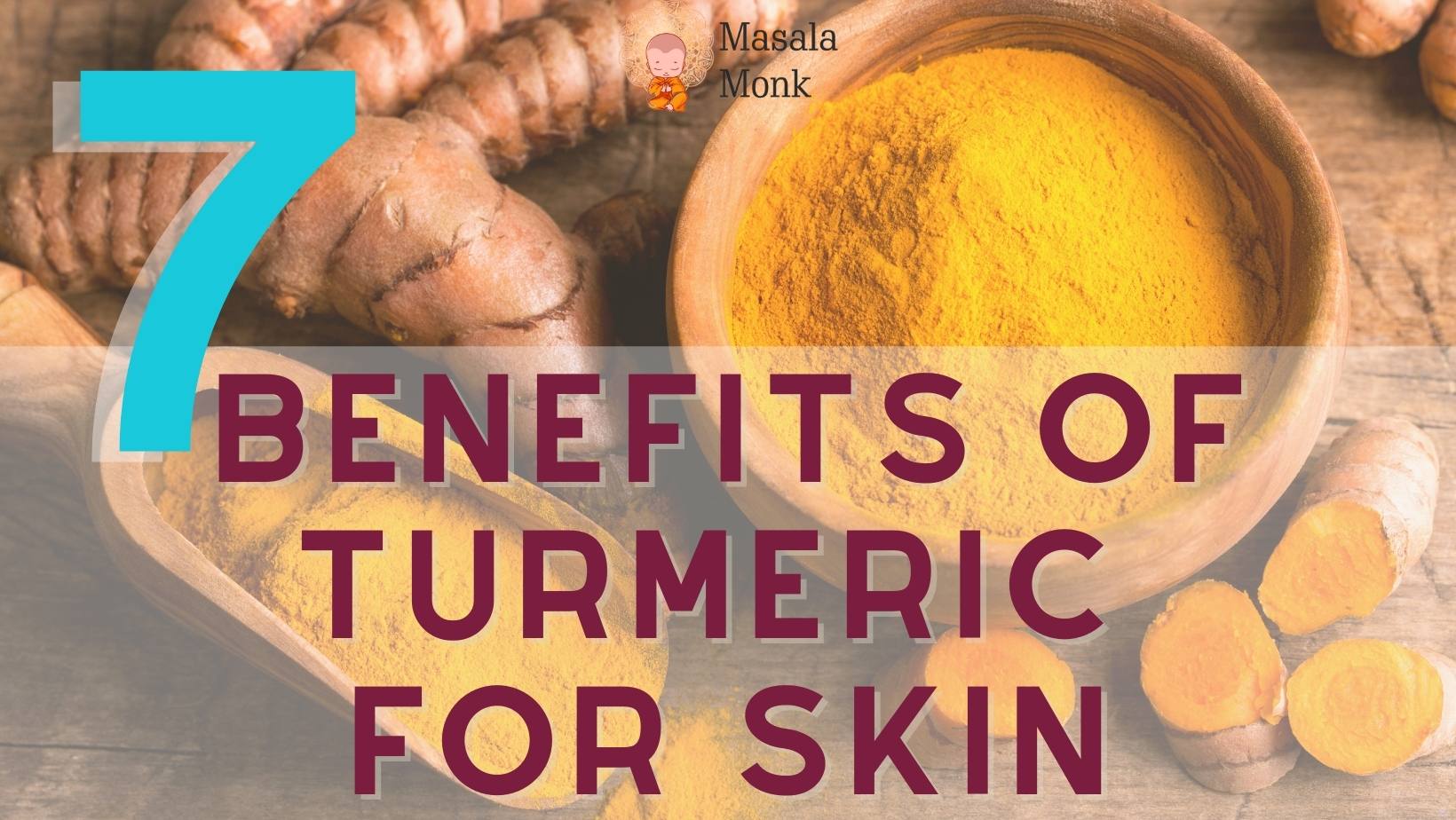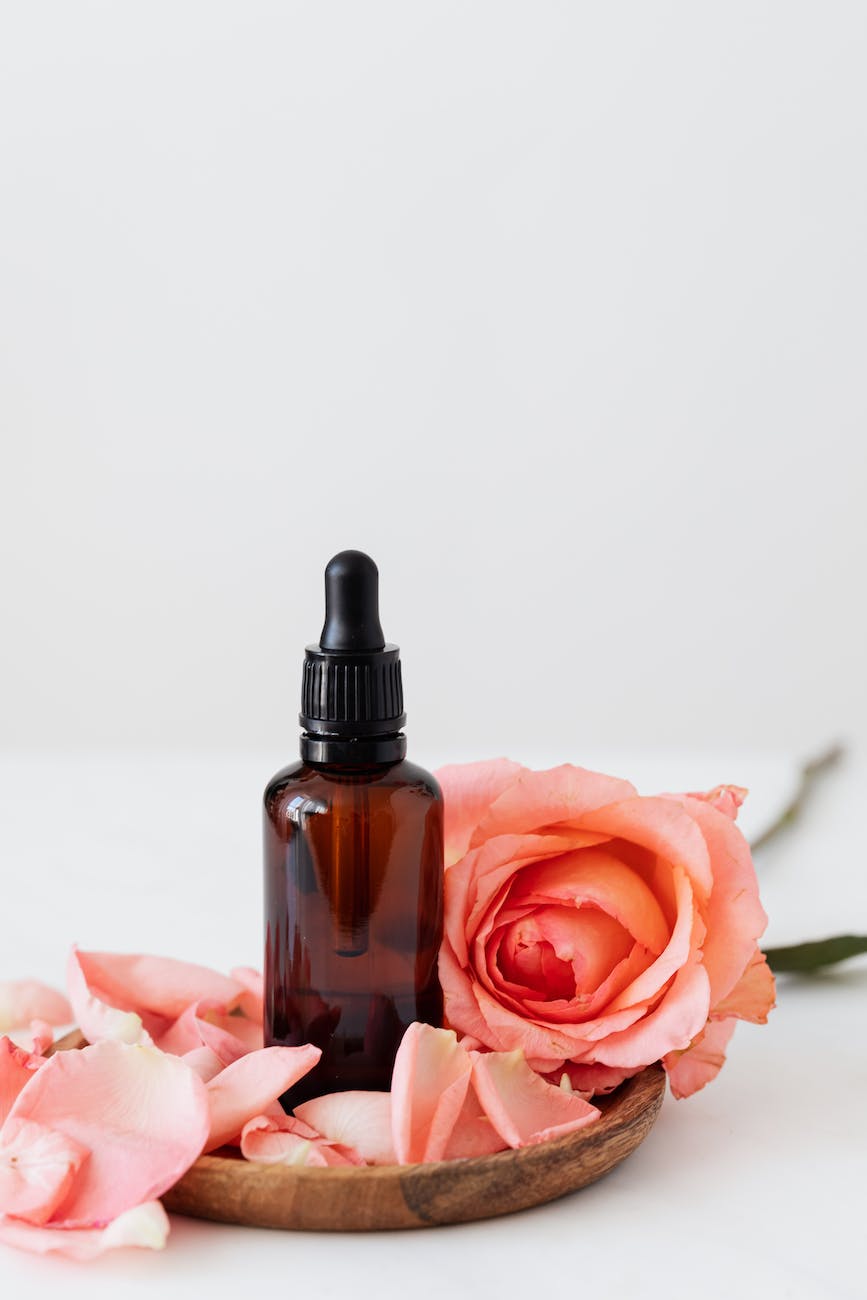
Discover the beauty secret hidden within the humble almond! These nutritious nuts not only tantalize our taste buds but also offer a multitude of benefits for our skin. Bursting with vitamins, minerals, antioxidants, and natural oils, almonds have become a prized ingredient in skincare. In this comprehensive guide, we will delve deeper into the science-backed beauty benefits of almonds and explore various ways to incorporate them into your skincare routine. Get ready to unleash the true potential of almonds for achieving radiant and healthy skin! 🌟
Are Almonds Good for Skin?
Yes, almonds are fantastic for your skin! Packed with nourishing nutrients like vitamin E and antioxidants, almonds hydrate, protect, and rejuvenate your skin. They help reduce signs of aging, brighten your complexion, and provide a natural glow. Make almonds your go-to snack or try almond-based skincare products to unlock the secret to radiant, healthy skin.
🌞 Almonds Benefits for Skin Health:
Almonds have been valued for centuries for their positive effects on the skin. Let’s take a closer look at the incredible ways in which almonds can enhance your skin health:
1. Nourishing and Hydrating: Almonds are rich in vitamin E, a powerful antioxidant that nourishes and moisturizes the skin. The natural oils in almonds, such as almond oil, help lock in moisture, leaving your skin soft, supple, and hydrated.
2. Anti-Aging Properties: Almonds are packed with antioxidants, including vitamin E and polyphenols, which help fight against free radicals and protect the skin from premature aging. These antioxidants promote collagen production, improve skin elasticity, and reduce the appearance of fine lines and wrinkles.
3. Skin Brightening: Almonds contain natural exfoliating properties that gently remove dead skin cells, revealing a brighter and more radiant complexion. Regular use of almond-based products can help even out skin tone, fade dark spots, and restore a youthful glow.
4. Soothing and Calming: Almonds possess anti-inflammatory properties that can soothe and calm various skin irritations, including redness, inflammation, and itchiness. Almond oil can be particularly beneficial for sensitive or irritated skin conditions like eczema and psoriasis.
5. Under-Eye Treatment: The delicate skin under our eyes often shows signs of fatigue and aging. Almond oil is renowned for its ability to reduce puffiness, diminish dark circles, and nourish the under-eye area, leaving you looking refreshed and rejuvenated.
6. Natural Cleanser: Almonds can be ground into a fine powder and used as a gentle exfoliant or mixed with water to create a natural cleanser. This helps remove impurities, unclog pores, and leave your skin feeling clean and refreshed.
💫 How to use Almonds in Your Skincare Routine:
Incorporating almonds into your skincare routine is easier than you might think. Here are some practical ways to harness the beauty benefits of almonds:
1. Almond Oil Massage: Warm a few drops of almond oil in your hands and gently massage it onto your face and body. This luxurious oil penetrates deep into the skin, nourishing and moisturizing it. For an extra treat, you can mix almond oil with other essential oils like lavender or rosehip oil.
2. DIY Almond Face Masks: Create your own rejuvenating face masks using ground almonds as a base. Combine them with ingredients like honey, yogurt, or avocado for added hydration, exfoliation, or skin brightening effects. For inspiration, refer to this Masala Monk blog post on the benefits of almonds for acne management.
3. Almond Scrubs and Body Polishes: Mix finely ground almonds with a natural exfoliant such as sugar or coffee grounds to create a revitalizing scrub. Gently massage it onto your face or body to remove dead skin cells and reveal smoother, more radiant skin. For a delightful almond-infused body polish, check out this Masala Monk blog post on almonds’ impact on brain health.
4. Almond Milk Baths: Indulge in a luxurious almond milk bath to pamper your skin. Simply add almond milk or a few drops of almond oil to your bathwater for a moisturizing and soothing experience. This can leave your skin feeling soft, hydrated, and refreshed.
5. Almond-Infused Skincare Products: Look for skincare products that contain almond oil, almond extract, or almond derivatives. From cleansers and toners to moisturizers and serums, there is a wide range of almond-infused products available to suit different skincare needs. Be sure to check out the Masala Monk blog for more insights on almond-based skincare.
🌰 Almonds: Rich in Vitamin E:
Vitamin E plays a crucial role in maintaining skin health and vitality. Here’s how almonds, abundant in this vitamin, benefit your skin:
1. Antioxidant Protection: Vitamin E is a potent antioxidant that shields the skin from free radicals, minimizing oxidative stress and preventing premature aging. Almonds’ vitamin E content helps neutralize damaging free radicals, contributing to healthier, more youthful-looking skin.
2. Moisture Retention: Vitamin E acts as a natural moisturizer, locking in hydration and preventing water loss from the skin’s outermost layer. This helps maintain optimal moisture levels, resulting in smoother, softer, and more supple skin.
3. Scar Healing: Vitamin E promotes tissue repair and regeneration, making it beneficial for fading scars and reducing their appearance. Applying almond oil or using vitamin E-rich almond-based products can aid in the healing process and improve the overall texture of the skin.
🌿 Omega-3 Fatty Acids in Almonds:
While almonds are not as abundant in omega-3 fatty acids as fish, they still offer some benefits for skin health:
1. Anti-Inflammatory Action: Omega-3 fatty acids possess anti-inflammatory properties that can help soothe and calm skin conditions such as acne, eczema, and psoriasis. Incorporating almonds or almond oil into your skincare routine may alleviate redness, itchiness, and inflammation associated with these conditions.
2. Skin Barrier Enhancement: Omega-3 fatty acids contribute to maintaining a healthy skin barrier, which helps prevent moisture loss and protects against environmental irritants. By incorporating almonds into your diet or skincare routine, you can support your skin’s natural protective barrier.
🌟 Conclusion:
Unleash the power of almonds and unlock your skin’s true potential! With their nourishing, hydrating, and anti-aging properties, almonds offer a multitude of benefits for achieving radiant and healthy skin. Whether you choose to incorporate almond oil into your massage routine, create DIY face masks, or indulge in almond-infused skincare products, the beauty benefits of almonds are waiting to be discovered.
Remember, nature has provided us with incredible ingredients like almonds that can elevate our skincare experience. Embrace the natural goodness of almonds and let your skin flourish with their transformative effects. Start your almond-infused skincare journey today and witness the remarkable difference it can make in achieving your skin goals. 🌰✨














